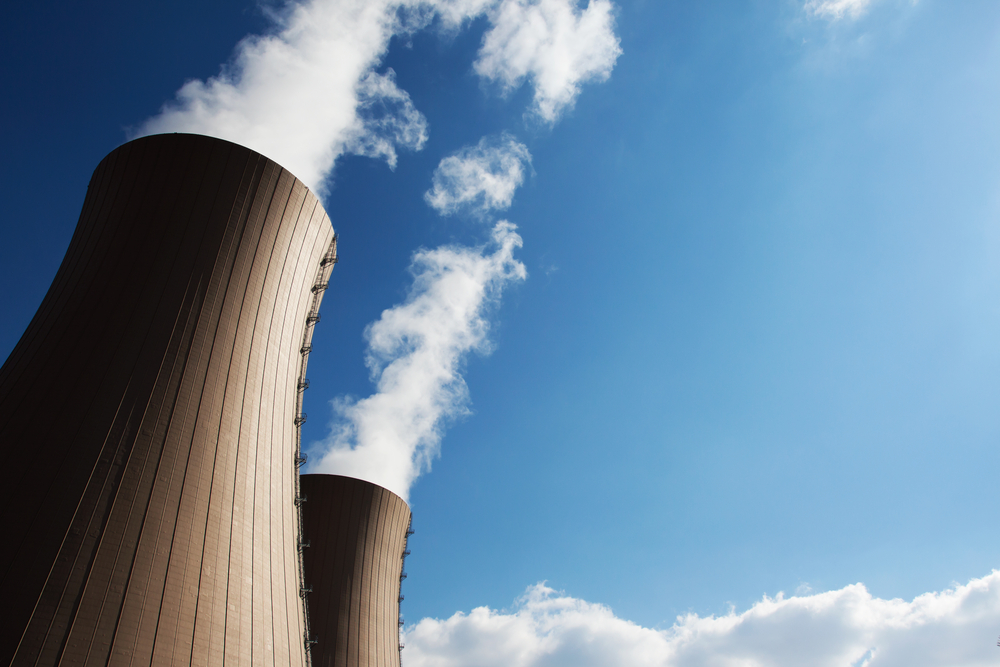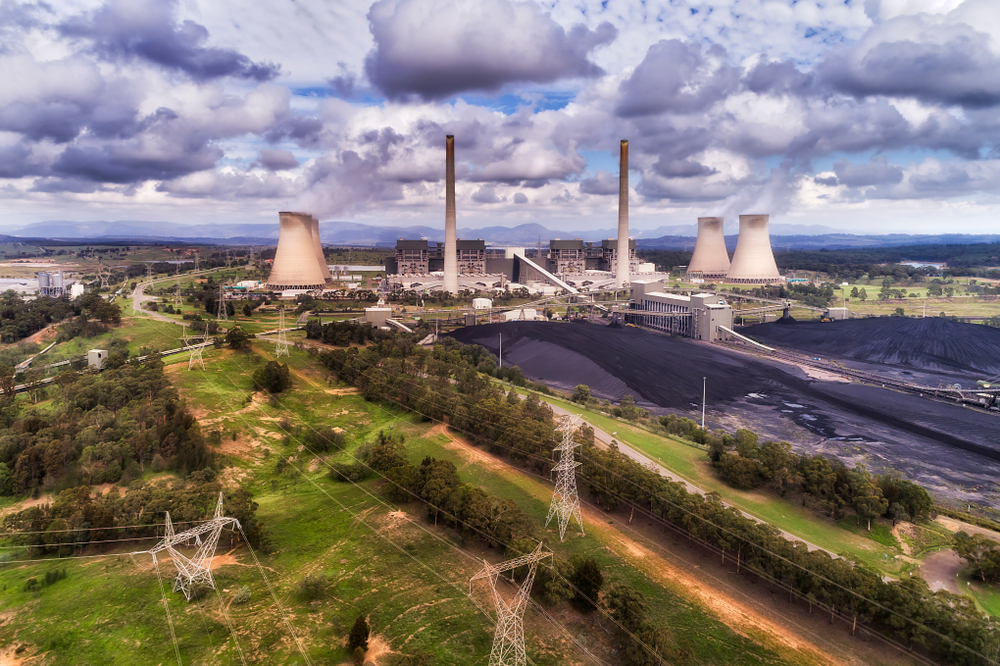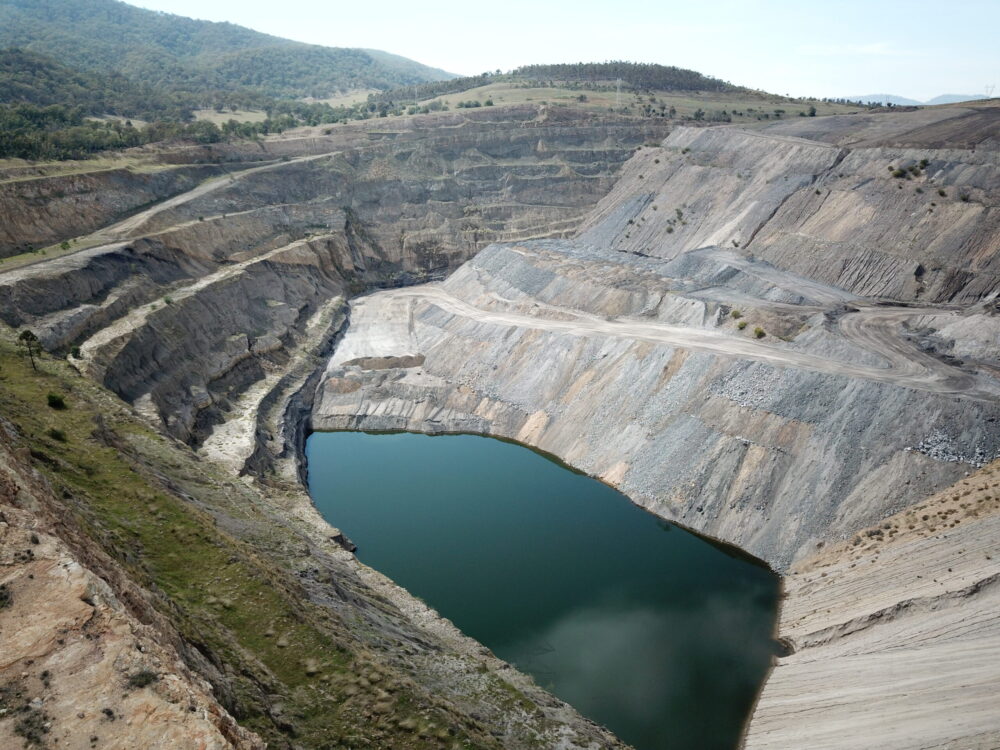
More Australians are in favour than opposed to nuclear power to fight climate change, new research has found.
Climate Catalyst, a study from research platform Glow, reveals the views of 5,256 citizens across Australia, New Zealand, Canada, the US and the UK as to their level of satisfaction with governmental response to climate change, preferred policies for adoption, and how well their elected officials are delivering on expectations.
The study found that 38 per cent of Australians are in favour of nuclear power compared to 31 per cent who are against it as an alternative to carbon – the only country surveyed to favour against current legislation.
The findings follow the release of the Australian Government’s Technology Investment Roadmap discussion paper which states emerging nuclear technologies like small modular reactors have ‘potential’ but that ‘social acceptability’ was a ‘key determinant of any future deployment’, alongside engineering, cost and environmental challenges.
A large portion of citizens surveyed in the other countries, bar nuclear-free New Zealand, are also in support of nuclear power as an alternative to carbon.
In the US, currently home to 98 operating nuclear power plants, 46 per cent are for, and 25 per cent are against nuclear power. In Canada and the UK where nuclear power is legal, it is respectively 47 per cent for, 21 per cent against, and 44 per cent for, 22 per cent against.
Satisfaction of response to climate change
The report found that Australians have the lowest satisfaction (39 per cent) with government action on climate change of the five countries, while New Zealanders are the most satisfied (56 per cent).
However, citizens in all countries agreed on how their elected officials are delivering on expectation – with three quarters (75 per cent) believing their governments should do more to combat the threat of climate change.
1 in 3 keen to cut coal and mandate methane, 1 in 5 want to put a stop to petrol
In terms of government policy, data collected across countries found that while most citizens favour soft measures, such as education (53 per cent), research (53 per cent) and planting trees (56 per cent), there is support for immediate implementation on historically ‘tough’ measures.
A third of all respondents support the banning of coal for electricity (35 per cent), coal exports (31 per cent) and introducing laws to mandate the use of low methane variants in livestock feed (32 per cent).
Of those in support, half want these actions to come into effect immediately. Banning the sale of new diesel and petrol cars, arguably the closest to home impact for citizens, was the least favoured measure, yet still supported by 1 in 5 people.
More than two-thirds of this group say it should happen between now and the next five years.
Overwhelming optimism
On an uplifting note, optimism for the future remains across all five nations with the majority of each believing humanity can overcome the challenges posed by climate change.
The UK is the least hopeful with only 48 per cent optimistic in its ability to overcome challenges, versus who are 26 per cent pessimistic.
Climate Catalyst is the first in a series of Catalyst studies planned by Glow.










